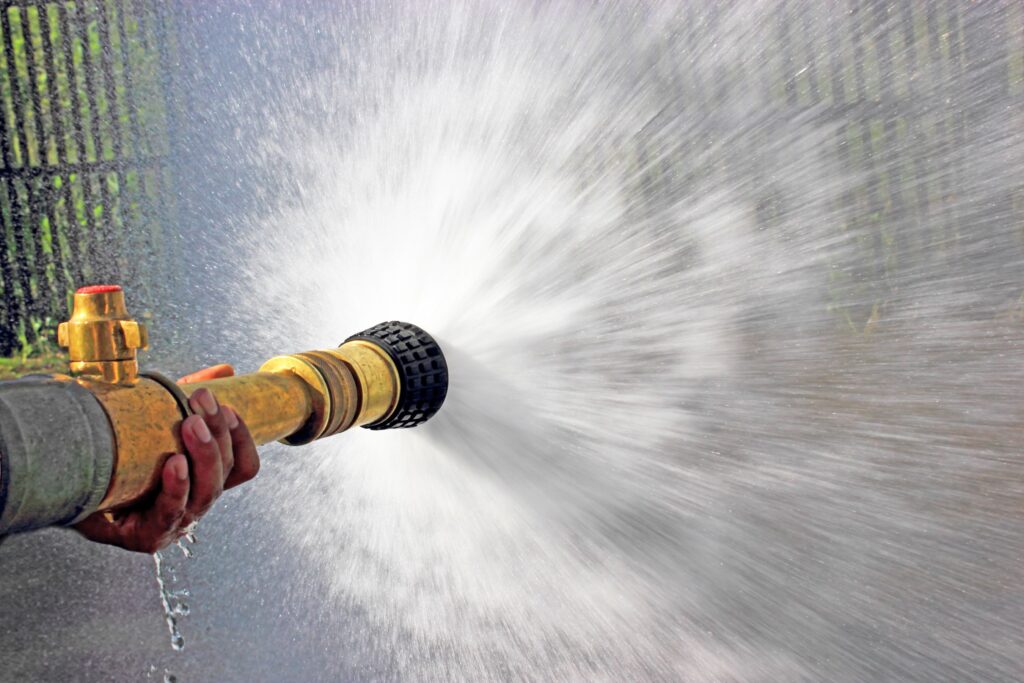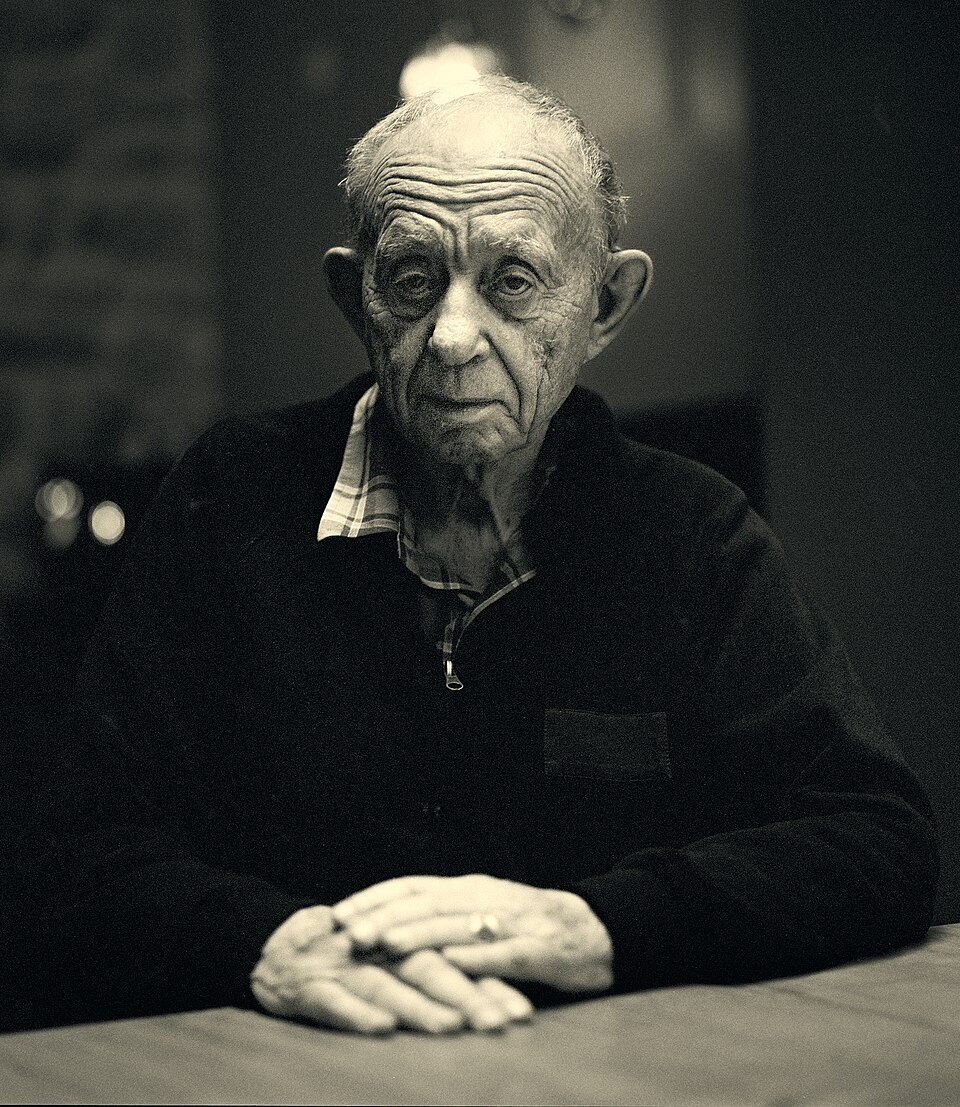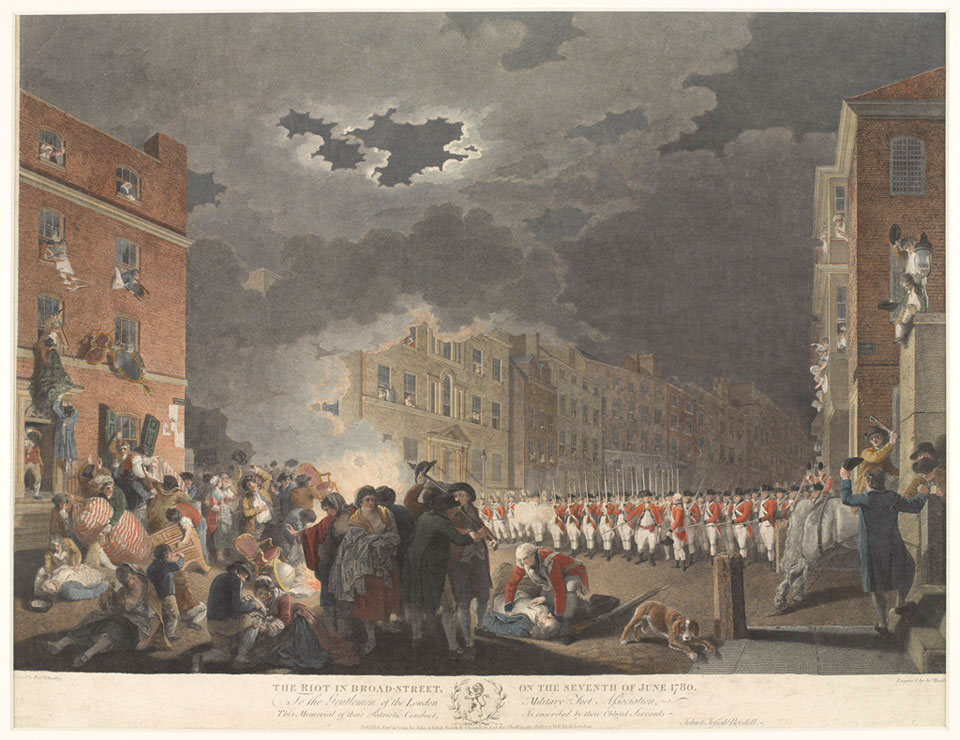Anger Shows Us What We Protect
March 25, 2025

A loud curse from upstairs, vibrating the air like a tolled bell. The dog looks at me, alarmed.
“Oh, don’t worry,” I say. “That’s just Daddy.” Punching a hole through his cuff buttonhole with a pen because it is Monday morning, he is about to be late to teach a class, and everyday objects are defying him. My husband suffers neither fools nor small frustrations. I have a duck’s pre-oiled feathers; the world slides off easily. It took years for me to adjust to these small spitfires.
No, more honest: anger of any magnitude scares me. I jump in to soothe, help, rationalize. My responses to irate friends, strangers, and spouse have become mantras, I repeat them so often. An intervention that, alas, only pisses people off more. Nonetheless, I feel compelled to recite: “Life isn’t fair.” “The world is broken.” “It’s not personal.” “This stuff happens to everybody.” “Fear makes people stupid.” Yadayadayada.
Why the compulsion? Anger is normal, and no one’s anger has ever hurt me. Maybe I react because I grew up worried about an anxious mother, and I learned to soothe before I learned to read. And because however anxious, my mother never showed anger, so my experiences with this emotion came not from the person I trusted to love me, but from people whose responses I could not predict, and whose anger seemed to contain earlier furies I would never understand. Also, the few times I have been enraged, I just wanted to weep or throw up; nothing constructive seemed to come from it. All that fire, burned to ash and scorching everything around it. Wasted energy, pointless damage.
One of these days, though, I will have to come to terms with this emotion I run from, because there is more and more of it everywhere I turn. And no doubt inside me as well. Looking for insight, I read that I should “think of anger as a flow of emotion, like water through a garden hose.” Okay, that already feels a little better. Fluidity sounds less dangerous. “By thinking of the flow of anger, you can unpack its key dimensions: its path and strength,” the experts continue. “Understanding whether the hose is pointed effectively and whether the strength of the stream is appropriate are critical for knowing when, how and why to focus or redirect the anger and amplify or weaken its intensity.”
That makes sense; I have seen both disproportionate and timid anger, and both would play better if tweaked. Thinking about sufficient intensity reminds me of a type of anger I would never want to diminish: righteous outrage. The fury that sent Jesus through the temple. I picture him pulling out tablecloths and crashing all the merch to the ground, and I want to applaud. The fire that fuels activism and demands change feels healthy and constructive. It can motivate, clarify, sear a path to something better. But the sick, toxic anger I feel these days every time I read the news? I have to find a way toward constructive action, because otherwise it is only tarnishing my sense of place, sense of community, and sense of safety. If we cannot rely on compassion, fairness, openness, and fellow-feeling in the public sphere, all we have left is anger.
As I write this, The Pest Guy has come to spray the exterior of our home (my compassion does not extend to cockroaches), and the dog is barking madly. “Madly”—interesting that I choose that word. He sounds scared, furious, and protective all at once. Barks and growls are a dog’s only way of showing anger, short of a bite, and Willie’s bark is pure outrage, that this stranger would come so close to our home.
Willie is keeping us safe. Anger “always illuminates what we belong to, what we wish to protect and what we are willing to hazard ourselves for,” writes the poet David Whyte. He describes anger as—I have to read this three times—“the deepest form of compassion, for another, for the world, for the self, for a life, for the body, for a family and for all our ideals, all vulnerable and all, possibly about to be hurt.” It is, he insists, “the purest form of care.”
Between the dog and the poet, I am being forced to rethink everything. The reason is so obvious when a dog is on guard, barking madly. But the times my husband gets mad, whether at objects or bad drivers, are times he is feeling responsible, protective, obligated, conscientious. Not once have I seen him impatient when we are just having fun, no matter what goes wrong. As for my angry friends, the liberals who rage about politics are trying to protect social justice, scientific and artistic freedom, and the freedom of the press. Conservative friends who rage at the liberals are trying to protect children they fear are being misled, a country with massive debt, a society they believe to be ridden by crime, and the freedom of (unwoke) speech.
Whyte goes on: “What we usually call anger is only what is left of its essence when we are overwhelmed by its accompanying vulnerability, when it reaches the lost surface of our mind or our body’s incapacity to hold it, or when it touches the limits of our understanding. What we name as anger is actually only the incoherent physical incapacity to sustain this deep form of care in our outer daily life.”
To avoid feeling worried or scared, helpless or bereft, we borrow the power of anger. It is a container for more vulnerable emotions, a bit of shiny, heavy armor that lets us forge ahead. This makes it sound like a mere device. “But anger in its pure state is the measure of the way we are implicated in the world,” Whyte says, “and made vulnerable through love.” He has the courage I lack. He knows what it can mean to feel anger at its center, as “the essential living flame of being fully alive and fully here.”
Why risk coming so close to that flame? Because “it is a quality to be followed to its source, to be prized, to be tended.” Not fire, after all, but water from a fire hose. It blasts forth with alarming force. But its source is a majestic ocean or its winding river tributary, full of life and trying to sustain it.
Read more by Jeannette Cooperman here.




